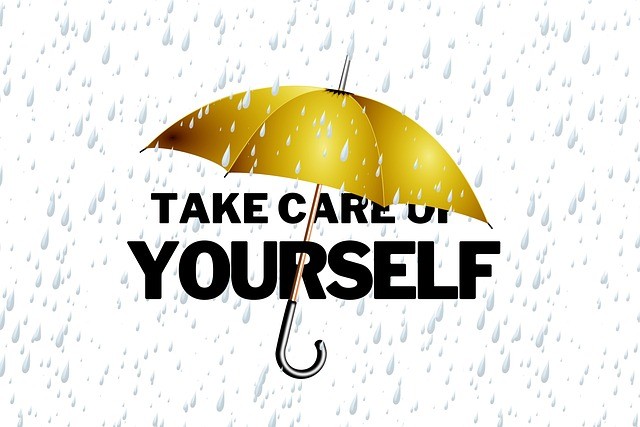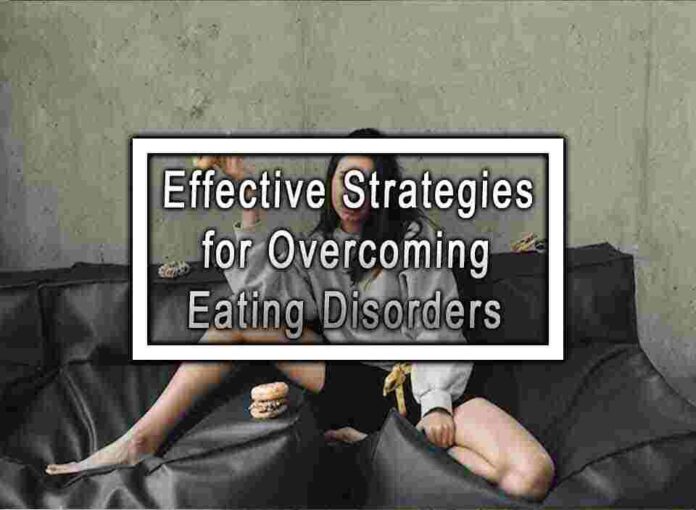Overcoming an eating disorder can be a challenging journey, but with the right strategies and support, recovery is possible. Here are some effective strategies that can help in the process of overcoming eating disorders:
1. Seek professional help
Consulting with healthcare professionals who specialize in eating disorders, such as therapists, dietitians, and medical doctors, is crucial. They can provide an accurate diagnosis, develop an individualized treatment plan, and offer guidance and support throughout the recovery process.
2. Build a support network
Surround yourself with a strong support system of friends, family, and support groups who can provide understanding, encouragement, and empathy. Consider joining support groups or therapy groups specifically tailored to eating disorders to connect with others who are going through similar experiences.
3. Therapy and counseling
Individual therapy, such as cognitive-behavioral therapy (CBT), dialectical behavior therapy (DBT), or interpersonal therapy (IPT), can be highly effective in treating eating disorders. Therapy helps address the underlying emotional and psychological factors contributing to the disorder, develop healthy coping mechanisms, and reshape negative thought patterns.
4. Nutritional guidance
Working with a registered dietitian who specializes in eating disorders can help you establish a balanced and nourishing meal plan. They can provide education on proper nutrition, normalize eating patterns, and help you develop a healthier relationship with food.
5. Address underlying emotional issues
Eating disorders often stem from deeper emotional issues, such as low self-esteem, trauma, anxiety, or depression. Engaging in therapy or counseling can help address these underlying factors and develop healthier ways of coping with emotions.
6. Challenge distorted thoughts and beliefs
Learn to identify and challenge negative and distorted thoughts related to body image, self-worth, and food. Practice replacing negative thoughts with more realistic and positive ones.
7. Practice self-care
Engage in activities that promote self-care and self-compassion, such as practicing mindfulness, engaging in hobbies, getting enough sleep, and managing stress. Developing a healthy relationship with oneself is an important part of recovery.

8. Gradual exposure to feared foods and situations
With the guidance of professionals, gradually expose yourself to feared foods or situations that may trigger anxiety or distress. This can help desensitize you to those triggers and reduce avoidance behaviors.
9. Set realistic goals
Recovery from an eating disorder takes time and patience. Set small, achievable goals along the way to celebrate progress and maintain motivation. Remember that setbacks are normal, and the road to recovery may not be linear.
10. Practice self-compassion and patience
Be kind to yourself throughout the recovery process. Understand that overcoming an eating disorder is a journey that takes time, and setbacks are a natural part of the process. Celebrate small victories and practice self-compassion during challenging times.
Remember, everyone’s journey to recovery is unique, and it’s important to find strategies that work best for you. Professional guidance and support are essential in developing an individualized treatment plan and providing the necessary tools for long-term recovery.











